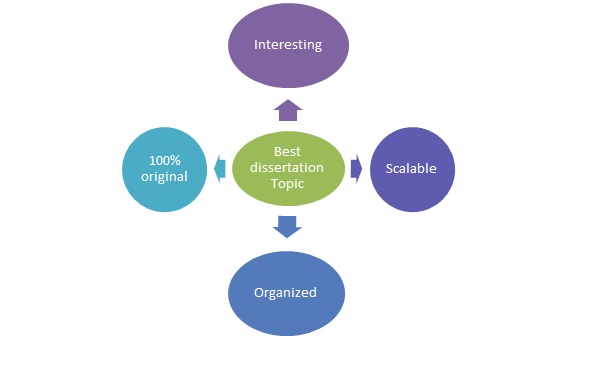Japanese encephalitis - Causes - NHS.
Japanese encephalitis is a viral brain infection that's spread through mosquito bites. It's most common in rural areas in southeast Asia, the Pacific islands and the Far East, but is very rare in travellers. The virus is found in pigs and birds, and is passed to mosquitoes when they bite infected animals. It cannot be spread from person to person. There's currently no cure for Japanese.
Japanese encephalitis is caused by a flavivirus, which can affect both humans and animals. The virus is passed from animals to humans through the bite of an infected mosquito. Pigs and wading birds are the main carriers of the Japanese encephalitis virus. A mosquito becomes infected after sucking the blood from an infected animal or bird. If you get bitten by an infected mosquito, it can pass.

Japanese encephalitis is a type of infectious encephalitis caused by Japanese encephalitis virus (JEV). The virus is found in pigs and birds and is transmitted by Culex mosquitoes which breed in water pools and flooded rice fields; they bite mainly during the night or just after sunset. The virus cannot be transmitted directly from person-to-person.

Japanese encephalitis (JE) is an acute mosquito-borne viral disease of people, horses, swine, and other domestic animals caused by a flavivirus closely related to Murray Valley encephalitis. A synonym is Japanese B encephalitis, to distinguish the syndrome from Von Economo, or type A, encephalitis. Summer-fall encephalitis outbreaks suggestive of Japanese encephalitis (JE) were recorded in.

The Japanese encephalitis virus is present in Asia, from Japan to India and Pakistan, and outbreaks are erratic and spatially and temporally limited phenomena, occurring quite unpredictably, even if all conditions appear to be present in a definite place. It is a leading cause of viral encephalitis in Asia, with 30-50,000 cases reported annually.

Japanese encephalitis (JE) is a viral infection of the brain transmitted to humans by mosquitoes in parts of Asia and the Pacific Rim. The mosquitoes that transmit JE feed predominantly during the night, between dusk to dawn and are prolific in rural areas, where rice cultivation and pig farming are common. However, they have also been found in urban locations. The risk for most travellers to.

Japanese encephalitis vaccine is a vaccine that protects against Japanese encephalitis. The vaccines are more than 90% effective. The duration of protection with the vaccine is not clear but its effectiveness appears to decrease over time. Doses are given either by injection into a muscle or just under the skin. It is recommended as part of routine immunizations in countries where the disease.

Japanese encephalitis (JE) was first recognised in Japan in the late 1800s, but the first major epidemic (involving 6,000 cases) was described in 1924 (1). Since then, JE has increasingly been recognised throughout most countries of East and South East Asia (see figure 1) where it is a leading cause of viral encephalitis. The global incidence of JE is unknown. However, it is estimated that.

Japanese encephalitis (JE) is a mosquito borne important emerging and re-emerging viral metazoonosis with a major global health importance, responsible for ill health among thousands of people.

Japanese encephalitis is a viral disease, transmitted by mosquito bites. It causes serious inflammation of the brain, which may lead to permanent brain damage, and has a high mortality rate.

Japanese encephalitis (JE) is a disease spread through mosquito bites. Symptoms usually take 5-15 days to develop and include fever, headache, vomiting, confusion, and difficulty moving. Symptoms that develop later include swelling around the brain and coma. JE is a serious disease that may cause death. Travelers who go to Asia are at risk for.

Japanese encephalitis is a very serious infectious disease caused by Japanese encephalitis virus (JEV), which belongs to the family Flaviviridae and is maintained in a zoonotic cycle involving the Culex species of mosquitoes and vertebrate hosts. Endemic to most of Asia and to certain regions of the western Pacific, JEV frequently causes severe neurologic sequelae or death in infected humans.

Japanese encephalitis (JE) is a mosquito-borne viral disease in animals and humans. Many domestic and wild animals are susceptible to the JE virus. The virus causes various forms of reproductive failures in pregnant sows, and lesions in the central nervous system (CNS) in horses. In other animals, infection is usually subclinical. Japanese encephalitis is one of the most common mosquito-borne.



